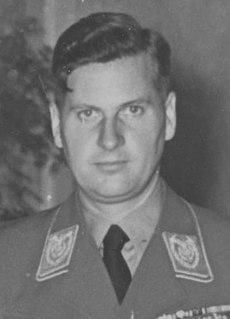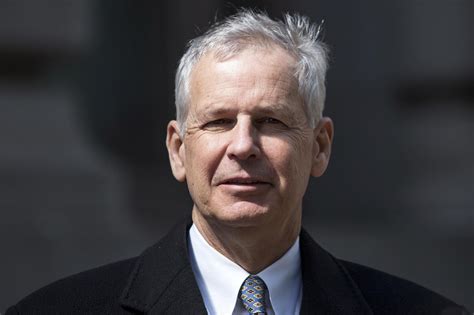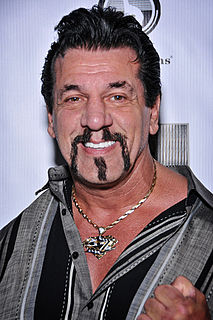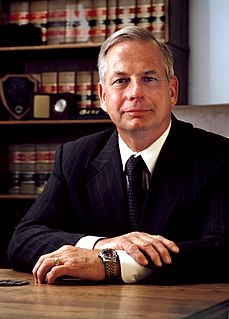A Quote by Hunter S. Thompson
I wasn't trying to be an outlaw writer. I never heard of that term; somebody else made it up. But we were all outside the law: Kerouac, Miller, Burroughs, Ginsberg, Kesey; I didn't have a gauge as to who was the worst outlaw. I just recognized allies: my people.
Related Quotes
When [Allen] Ginsberg and I founded the Jack Kerouac School of Disembodied Poetics - that was 1974 - we referred to it by a term used by Sufi thinker Hakim Bey, as "temporary autonomous zones." That for me sums up some of Whitman's sense of a community of likeminded people with a certain kind of adhesiveness and connection and sharing of this ethos.
Mein Kampf, this terrible book of Adolph Hitler is outlawed. I made a point in the Dutch parliament that I say to all these liberal politicians and socialist politicians in my own parliament that, "Hey you are very happy here, you applauded the fact that Mein Kampf was outlawed in the Netherlands. If you are really consistent, you should, for the same arguments that you use as liberal politicians to outlaw Mein Kampf, outlaw the Koran as well."
I’m too young and ridiculous a person to speak for my generation, but I’d be happy to talk about my own experiences as a generation Y writer. I was raised by a generation of hippies. Throughout my childhood, teachers urged me to fight the establishment. My English teacher assigned Ginsberg and Kerouac and declared Bob Dylan “a genius.” My science teacher told me that television was “the new opiate of the masses” and bragged about never having owned one. My drama teacher made us perform Beckett.
We often seem to be swimming through such a miasma of sexual violence - in advertising, television programming, heavy metal, rap, films, and worst of all, in the home - that even First Amendment absolutists sometimes daydream about how nice it would be to have government-as-nanny just outlaw all this effluent.





























